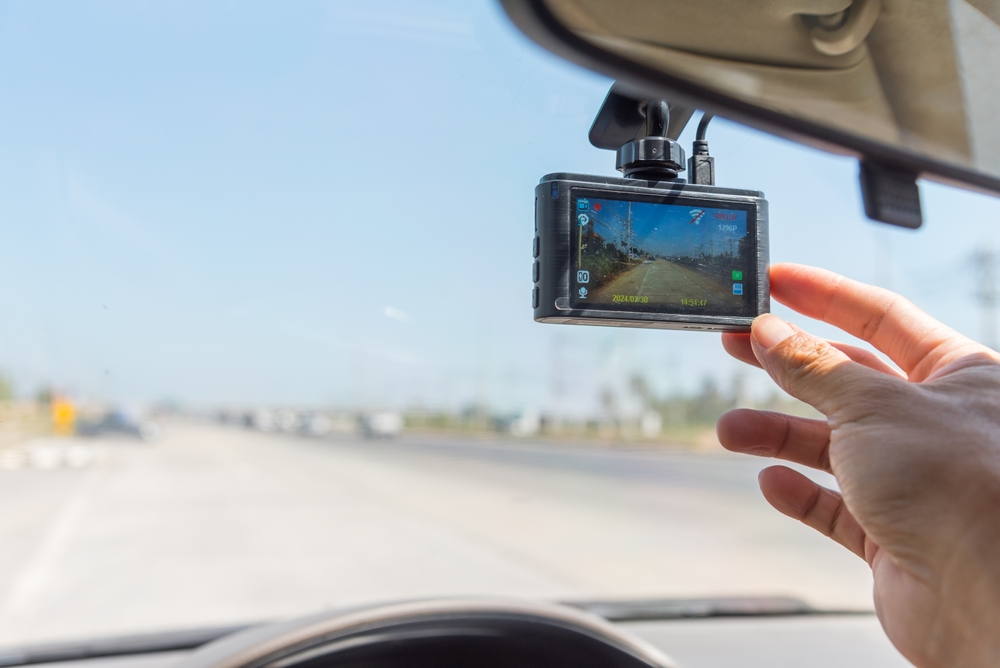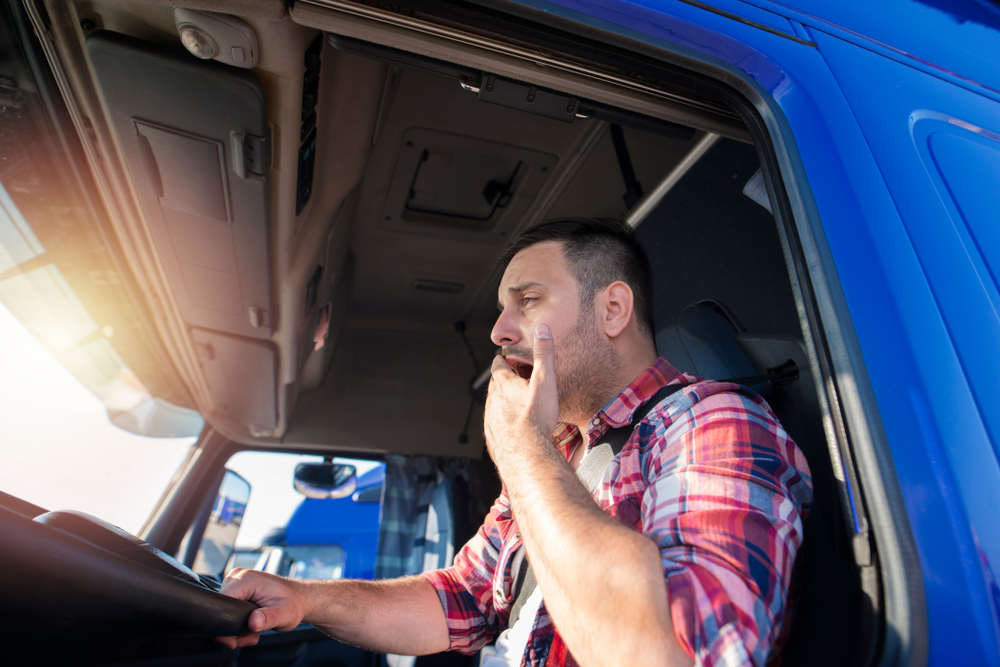Why Truck Accidents Are More Legally Complex Than Car Wrecks

Written by Matthew Weidinger

Truck accidents are not just larger versions of car wrecks. When looking at truck vs. car accident legal differences, it’s important to note that they involve unique legal challenges due to multiple parties, specialized regulations, and the potential for severe damage and injury. Unlike standard car collisions, commercial vehicle crashes often pull in trucking companies, insurance carriers, and sometimes even manufacturers or shippers, each with their own legal teams and interests.
Complex federal and state regulations govern the trucking industry, and violations can dramatically impact liability. Determining fault may require sorting through driver logs, maintenance records, and data from black boxes, making evidence collection and case building far more intricate.
Victims often encounter aggressive defense strategies and higher policy limits, which can complicate negotiations and prolong litigation. Anyone involved in a truck accident should understand how these added layers can affect their rights and recovery process.
Fundamental Differences Between Truck and Car Accidents
Commercial truck accidents differ from car accidents in ways that directly affect legal claims, the scale of injuries, and the complexity of liability. Key differences include the severity of harm, the involvement of several responsible parties, and the unique features of large vehicles and their cargo.
Severity of Injuries and Damages
Truck accidents frequently lead to more severe injuries and property damage compared to typical car collisions. This is primarily due to the size and weight of commercial trucks, which can weigh up to 80,000 pounds, while most passenger cars weigh 3,000 to 4,000 pounds.
When a truck strikes a car, the force of impact is much higher. Injuries such as traumatic brain injuries, spinal cord damage, and fatalities occur more often in truck accidents.
The damages go beyond just vehicle repair costs. Victims may face extensive medical bills, long-term rehabilitation, and lost income. These factors play a significant role in the legal process because larger claims and more complex evidence become necessary.
Number of Parties Involved
Unlike car accidents, which usually involve two drivers, truck accidents may implicate multiple parties. Liability is not limited to the truck driver. The trucking company, vehicle owner, maintenance contractors, and even the manufacturer can be part of the legal case.
A breakdown of potentially involved parties:
| Party | Potential Role in Accident |
| Truck Driver | Operating the vehicle |
| Trucking Company | Hiring, training, and supervising drivers |
| Vehicle Owner | Owning/leasing the truck |
| Cargo Loader | Loading and securing cargo |
| Manufacturer | Designing/building truck or parts |
| Maintenance Contractor | Conducting vehicle repairs |
Determining fault for each party requires reviewing company policies, federal safety regulations, and maintenance records. This often leads to complex legal disputes and higher investigative demands compared to standard car accident cases.
Types of Vehicles and Cargo
The legal approach to truck accident claims must account for the specific type of commercial vehicle and its cargo. Trucks can include 18-wheelers, tankers, flatbeds, and other heavy vehicles that carry hazardous, oversized, or unsecured goods.
Certain types of cargo—such as chemicals or flammable liquids—can increase the danger in a crash. Spills and fires may occur, creating additional risks not present in most car accidents.
Regulations set by agencies like the Federal Motor Carrier Safety Administration (FMCSA) apply to trucks but not to regular cars. Compliance with these rules affects liability and case outcomes. Failure to document, secure, or maintain cargo can become central in determining responsibility after a collision.
Truck Accident Legal Complexities
Truck accident cases are shaped by a combination of federal and state laws, strict regulatory standards, and unique insurance requirements. These factors often create a web of Legal challenges in truck accidents that are distinct from those found in car accident claims.
Federal and State Regulations
The trucking industry operates under a detailed regulatory system managed by agencies like the Federal Motor Carrier Safety Administration (FMCSA). Federal rules cover hours-of-service limits, drug and alcohol testing, vehicle maintenance, and driver qualifications. These federal standards are enforced alongside state laws, which add another layer of potential legal requirements and liability.
State regulations can address load restrictions, licensing matters, and additional safety protocols. Navigating a truck accident case often involves analyzing both sets of rules to determine if violations contributed to the accident. Legal complexities frequently arise when statutes conflict or overlap, requiring lawyers to interpret and apply multiple laws to a single case.
Compliance and Regulatory Violations
Compliance with industry regulations is a major focus when investigating truck accidents. Lawyers examine logbooks, maintenance records, and electronic tracking data to determine if drivers or trucking companies were in violation at the time of the crash. Common violations include exceeding driving hours, improper cargo loading, or lack of required inspections.
Failure to comply can directly impact liability, as regulatory breaches may serve as evidence of negligence. Proving a violation requires analyzing complex records and understanding technical aspects of trucking operations. This process is more involved than typical car accident cases, where such detailed compliance documents are rarely relevant.
Insurance Requirements and Disputes
Trucking companies must carry significantly higher insurance coverage than private car owners, often required by federal law. Commercial truck policies can involve multiple insurers, layered policies, or excess liability coverage, making the claims process more complicated.
After an accident, insurance disputes may arise over policy limits, exclusions, or who is liable to pay. Insurers may argue over whether coverage applies to a specific vehicle, driver, or load. Resolving these issues requires detailed policy analysis and coordinated negotiations among all parties involved, leading to frequent delays and contested claims.
Key insurance complexities include:
- Multi-million dollar policy limits
- Overlapping coverage (primary, secondary, umbrella)
- Disputes regarding employer and independent contractor relationships
How Smith & Weidinger, PLLC Navigates Truck Accident Complexities
Smith & Weidinger, PLLC brings specialized skill and in-depth experience to truck accident cases. Our legal team addresses the unique legal, procedural, and investigative challenges that often make these cases far more complex than standard car accidents.
Expertise in Multi-Party Litigation
Truck accidents often involve several liable parties, such as drivers, trucking companies, manufacturers, and cargo loaders. Smith & Weidinger, PLLC has extensive experience navigating these multi-defendant scenarios.
Attorneys at our firm evaluate all parties that may bear responsibility, including subcontractors and insurance providers. We develop tailored litigation strategies to deal with each entity’s legal interests.
By handling both truck and car accident cases, we understand the different regulatory frameworks that apply. Our detailed knowledge helps prevent common pitfalls, such as missed deadlines when multiple insurance companies have separate requirements.

Investigative Strategies and Evidence Gathering
Evidence in truck accident cases is often more technical and time-sensitive than in car accidents. Smith & Weidinger, PLLC uses industry-specific investigative methods to secure records such as:
- Black box (ECM) data
- Driver logs and employment records
- Maintenance and inspection reports
- Dashcam or surveillance footage
We work closely with accident reconstruction experts to analyze crash scenes and vehicle damage. Our firm prioritizes the preservation of evidence, often issuing immediate spoliation letters to prevent records from being lost or destroyed.
This systematic approach allows them to build detailed factual timelines and uncover regulatory violations, such as hours-of-service rule breaches.
Client-Focused Legal Representation
Smith & Weidinger, PLLC is committed to providing clear, comprehensive legal support for accident victims. From the initial consultation, we prioritize communication and transparency.
Clients are kept informed about every step, including negotiations, court filings, and settlement discussions. Our firm emphasizes a personalized strategy, taking into account the specific circumstances and long-term needs of each client.
We strive for favorable outcomes by leveraging negotiation and litigation skills, always focusing on medical recovery, lost wages, and ongoing care. Our representation is designed to minimize client stress while maximizing results.
Note: The information provided in this blog post has been compiled from publicly available and secondary sources. While we strive for accuracy, some details may become outdated or contain inadvertent errors. If you believe any information is incorrect or requires updating, please contact Smith & Weidinger so that we may review and make the appropriate corrections.
Disclaimer: This blog post is for informational purposes only and is not intended as a solicitation for business. The photo used is not from the scene of the incident described. Viewing this content does not create an attorney-client relationship with Smith & Weidinger. If you have been injured in an accident, please seek immediate medical attention and then consult with a qualified attorney to discuss your legal rights and options.










